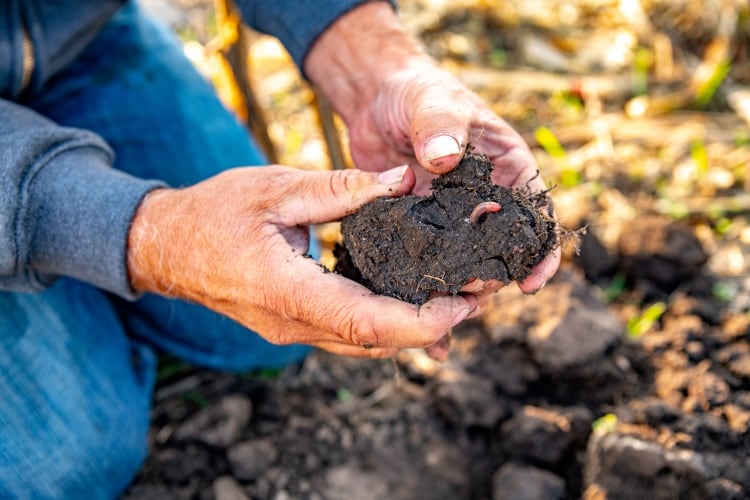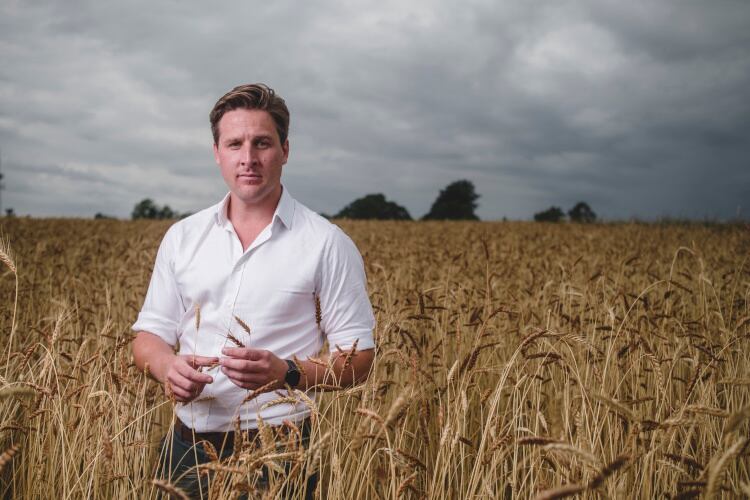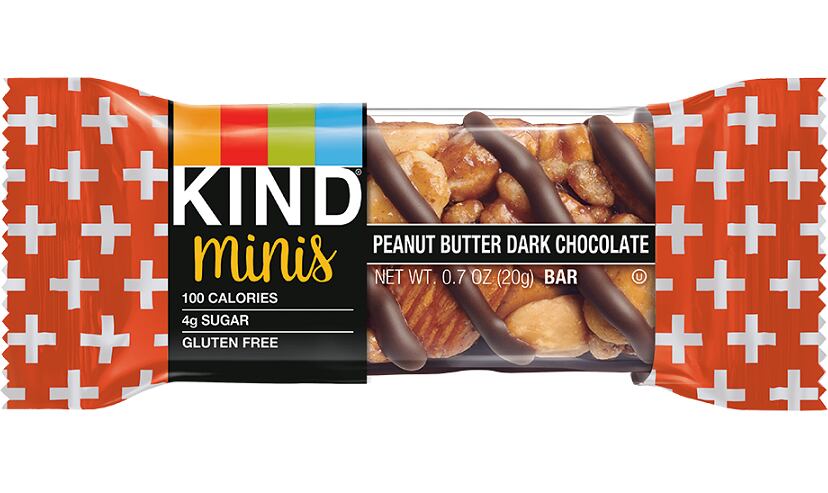Cargill is eager to lead efforts towards more sustainable and innovative agri-food supply chains but can’t do it alone. Collective action from the food and agriculture industry is critical to give farmers the resources and innovation they need to meet sustainability challenges. Bakery&Snacks chatted to Sebastian Balcerak, Regen Connect program lead, EMEA, Cargill, to find out more.
B&S: Tell me about your regenerative agriculture (RegAg) program.
Cargill RegenConnect is just one example within our broader regenerative agriculture portfolio.
It connects farmers to the growing environmental marketplace by paying them for improved soil health and positive environmental outcomes. Farmers enrolled in the program can choose the practices that are best suited to their operation’s unique growing conditions, which includes planting cover crops and implementing reduced- or no-till farming.
Enrolled farmers also have access to agronomic experts, who can provide customized guidance on how to implement and optimize regenerative agriculture practices.
B&S: Where is it based?
Cargill RegenConnect has already enrolled nearly one million acres across 24 US states, including North Carolina, South Carolina, Georgia, Colorado, Mississippi, Alabama, Oklahoma, Louisiana and Texas. It’s also expanded to six countries in Europe, including France, Germany, Poland, Romania, Hungary and Ukraine.
While it’s been very successful across North America and Europe, we recognize that farming practices are not universal – what works in Wisconsin or Germany may not work in New South Wales.
That’s why we have also launched Cargill SustainConnect to specifically support canola farmers in Australia, opening new revenue streams for growers to meet the rising demand from domestic and international customers.
B&S: Why is RegAg important?
As our climate continues to change, it’s becoming increasingly clear our food system needs to change along with it. Climate change is causing more frequent and severe weather events, shifting growing seasons and declining soil health.
To meet the demands of a growing global population, we need to ensure our food system can adapt to these challenges and continue to produce enough food that is grown sustainably and responsibly. We believe some of the greatest solutions to these challenges lies in the soil beneath our feet. Soil has the potential to be a natural climate solution.
Regenerative agriculture is a way of farming that disturbs the soil as little as possible while maintaining living cover on the soil. These practices have the power to reduce greenhouse gas (GHG) emissions, sequester carbon in the soil, improve water quality and use, increase productivity and build up healthy soil for the next generation.
However, every farm is unique and in a different place when it comes to the adoption of RegAg. That’s why we partner with farmers and support them in adopting practices that will work best for their specific location, crops and business model. We provide farmers with a portfolio of options that deliver foundational economic and environmental benefits to their unique operations.
Our vision is to make regenerative agriculture commonplace across our global supply chains – helping farmers to produce food more sustainably while increasing their productivity and resiliency.
B&S: What is the long-term plan?

We know the global agriculture industry will be forced to contend with the twin challenges of feeding a growing global population while reducing its overall carbon footprint.
Cargill is well-positioned to lead this change, but we can’t do it alone – we will need partners across the food and agriculture sector to join us. Charting this new course for food production is fundamental to our vision of reimagining how we grow and move food around the world more sustainably.
While Cargill RegenConnect represents a cornerstone of the company’s approach to supporting farmers in transitioning to a more resilient food system, our long-term plan transcends individual programs. It’s about cultivating a global culture of responsibility and farmers are in the center of our work.
B&S: How long does it take to pay off?
While the payback period for the farmer varies based on enrolled hectares and carbon sequestration potential, we provide annual outcome payments to mitigate risk. By offering support in agronomic expertise towards soil regeneration as well as in navigating commodity markets, we aim to help farmers increase their productivity over time.
B&S: How are you measuring the benefits of your RegAg program?
We’ve partnered with Regrow, a leading carbon measurement firm, which enables farmers to easily Measure, Report and Verify environmental outcomes using in-field data, remote sensing, and crop and soil health modeling. This partnership streamlines enrolment, ensures secure data collection and provides transparent measurement and verification options.
B&S: RegAg doesn’t as yet have an official definition – do you think this is necessary?
While we agree there is value in general industry alignment on a framework for regenerative agriculture, our primary focus is on developing solutions and programs that allow farmers to get involved in ways that work best for their unique operations. And generating and measuring credible outcomes.
B&S: How are you getting the message across to consumers?
We’re uniquely positioned to help drive RegAg forward because we sit at the intersection of farmers and food customers. While Cargill doesn’t directly market to consumers, many of our customers do, and they have set sustainability goals around decreasing GHG emissions, improving water quality and lowering water use.
Those are goals that agriculture and farmers can help them achieve, but very few of our food and beverage customers touch farmers directly. Without the support and leadership of farmers, none of it will happen. Our success has always been tied to their success. That’s especially true when it comes to ingredients produced sustainably and responsibly.
B&S: Are you hoping to inspire others in the food industry to follow suit?
Our vision for a more sustainable food system requires collective action.
We can only do so much alone and there is no one strategy that fits all farmers or regions. However, collective action from the food and agriculture industry will give farmers the resources and innovation they need to meet sustainability challenges. And when farmers thrive, local communities flourish.
As such, we invite partners across the food and agriculture sector to join us in scaling solutions.





